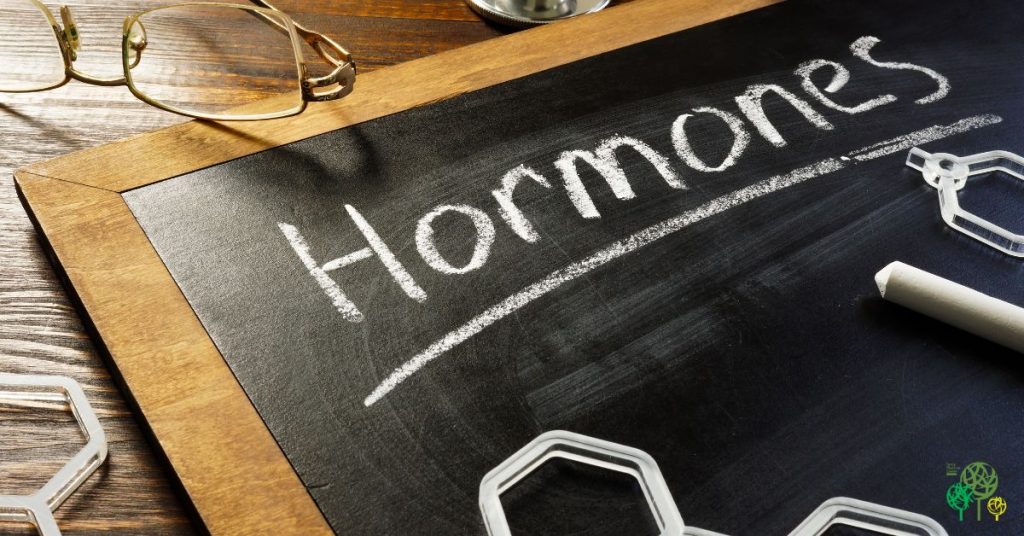What every man should know about testosterone, aging, and energy—because your health doesn’t retire at 40.
Most men know their bodies change with age. But what many don’t realize is that some of those changes—like low energy, weight gain, mood swings, or even low libido—can be linked to shifting hormone levels, particularly testosterone.
At Family Medicine Center, we help men take control of their health by understanding what’s happening beneath the surface. You don’t have to “just live with it.” Hormonal health is not just about youth—it’s about balance.
Here’s what you need to know about male hormones after 40—and what you can do to support long-term vitality.
🧪 Testosterone Naturally Declines with Age
After age 30, testosterone levels begin to drop gradually—about 1% per year. This is perfectly natural, but for some men, the symptoms become noticeable and disruptive by their 40s or 50s.
👀 What to watch for: Unexplained fatigue, reduced muscle mass, low sex drive, or feeling “off” without knowing why.
💡 Pro tip: These changes aren’t “just aging.” Get your levels tested. A simple blood test can clarify whether hormones are playing a role.
📉 Low Testosterone Can Affect More Than Just Sex Drive
While libido is the most talked-about symptom, low testosterone (or “Low T”) can impact sleep, motivation, mental focus, mood, and even bone density.
💬 Sound familiar? You feel foggy, less driven, or more irritable—but haven’t found a physical explanation.
🤓 Interesting note: Hormones impact brain chemistry. Irritability or anxiety might stem from low testosterone, not just life stress.
🛏️ Lifestyle Habits Can Boost (or Hurt) Hormone Levels
Weight gain, poor sleep, chronic stress, and lack of exercise can all contribute to lower testosterone levels. On the flip side, healthy habits can help maintain natural production well into your later years.
👀 What to watch for: Inconsistent sleep, processed foods, lack of strength training, or excessive alcohol.
💡 Pro tip: Prioritize resistance training, whole foods, good sleep, and stress reduction—your hormones respond quickly to better habits.
💉 When to Consider Hormone Therapy
Testosterone Replacement Therapy (TRT) may be an option if levels are clinically low and symptoms persist despite lifestyle changes. It’s not about turning back time—it’s about restoring balance so you can feel like you again.
💡 Pro tip: Hormone therapy isn’t one-size-fits-all. Work with a provider who considers your full health picture and monitors you closely.
Get Ahead of the Curve—And Stay There
Your hormones don’t have to define your quality of life. By understanding the shifts that come with age, you can take proactive steps to feel stronger, sharper, and more in control.
At Family Medicine Center, we provide men’s health screenings, hormone evaluations, and personalized care plans to help you feel your best—at every age.
📞 Call (242) 702-9310 to schedule your men’s wellness visit
📅 Book a consultation today and take the first step toward balanced, energized health after 40.

